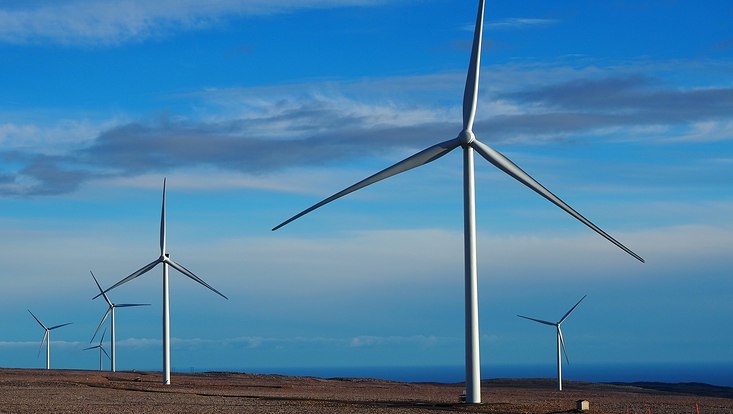Society Research
Study published: Targeted CO2 removal from the atmosphere as a new approach in EU climate policyCSS member Felix Schenuit and Dr. Oliver Geden publish study detailing the necessity to actively remove several hundred million tonnes of CO2 from the atmosphere annually
26 May 2020, by CSS
Photo: rawpixel
CSS member Felix Schenuit and Dr. Oliver Geden have published a study concluding that if the EU wants to achieve net zero emissions by 2050, it will not be enough to take conventional climate protection measures to avoid emissions. In order to compensate for unavoidable residual emissions, unconventional measures to remove CO2 from the atmosphere will also be necessary - for example, through afforestation or the direct capture of CO2 from the ambient air.
Not all EU member states and sectors will have achieved greenhouse gas neutrality by 2050, therefore some will already have to be below zero in 2050. The option of CO2 removal from the atmosphere will allow greater flexibility in EU's climate policy, but will also raise new distributional issues.
Schenuit and Geden conclude that the avoidance of greenhouse gas emissions should be given political priority over the subsequent removal of CO2. Net zero targets should be explicitly separated into emission reduction targets and removal targets, instead of combining the effects of both approaches. The future development of an EU CO2 removal policy should be steered into productive paths through an adequate policy design. Whether the EU chooses a proactive or cautious path of entry in the mid-term will depend not least on the net-negative targets it sets for the period after 2050.
Therefore, in the coming years, the EU should focus on investing more in research and development of CO2 removal methods and gaining more practical experience in their use. Only if the EU and its member states actually succeed in convincingly combining conventional emission reductions and unconventional CO2 removals on the road to net zero, the EU be able to live up to its pioneering role in climate policy.
You can find the complete study here on the website of "Stiftung Wissenschaft und Politik", the German Institute for International and Security Affairs (SWP). [in German only, English translation will be available soon]
Here you can find an article referring to the results of the study in Der Spiegel [in German only].
For an english summary of the study, you can refer to the website of Clean Energy Wire, an organisation promoting journalism for the energy transition.


